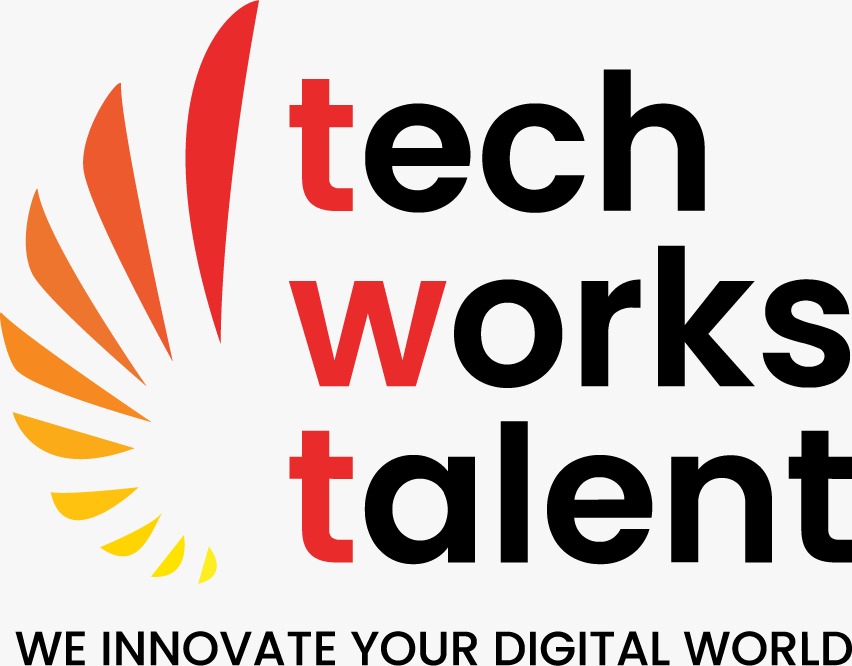
The hybrid work culture has been gaining traction in recent years as businesses strive to combine the benefits of a remote workforce with in-office collaboration. With the pandemic forcing many workers to transition to a fully remote setup, companies have had to find ways to adapt their hybrid work culture accordingly. However, making the transition to hybrid work can be a challenge, especially if

The Digital revolution has changed the way businesses work. Today, employees work towards leveraging the advantage of advanced operational models, which exist to balance out the efforts of the company and yield better results. Faster innovation, a pessimistic attitude towards modern progressive change, and the adaption of a dynamic approach to delivering customer-centric experiences are a few tactics used by businesses to reap the

Digitalization and ingenious technologies have infiltrated nearly every aspect of business organizations. Be it Machine learning (ML), Artificial Intelligence (AI), or Internet of Things (IoT), technical skills are very important in this dynamic system. The emerging complexities have raised demand for varied technical skills in the employees of an organization. Even though traditional training methods are still in place, they don’t provide systematic implementation.

Investment in knowledge pays the best – Benjamin Franklin Employees are the key to success for an organization, this is why we observe a huge spur in the need for corporate training programs among companies nowadays. More importantly, relevant training of employees in an organization can help deliver better results, increase productivity at work and equip them with new skills to be more effective.

